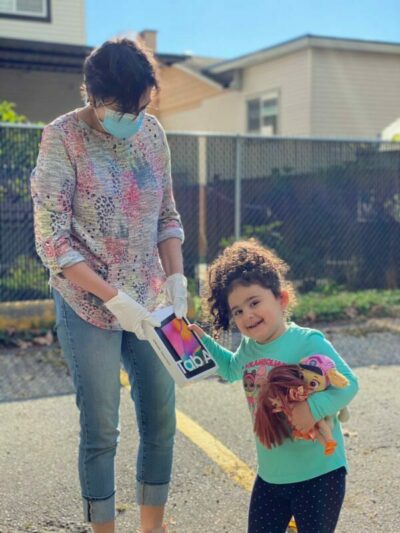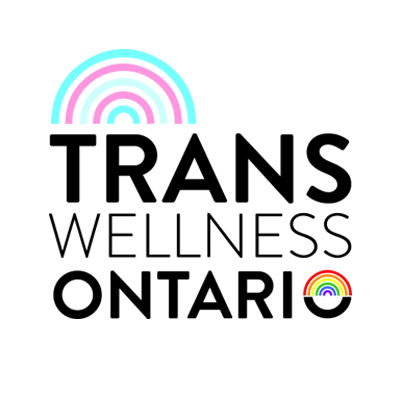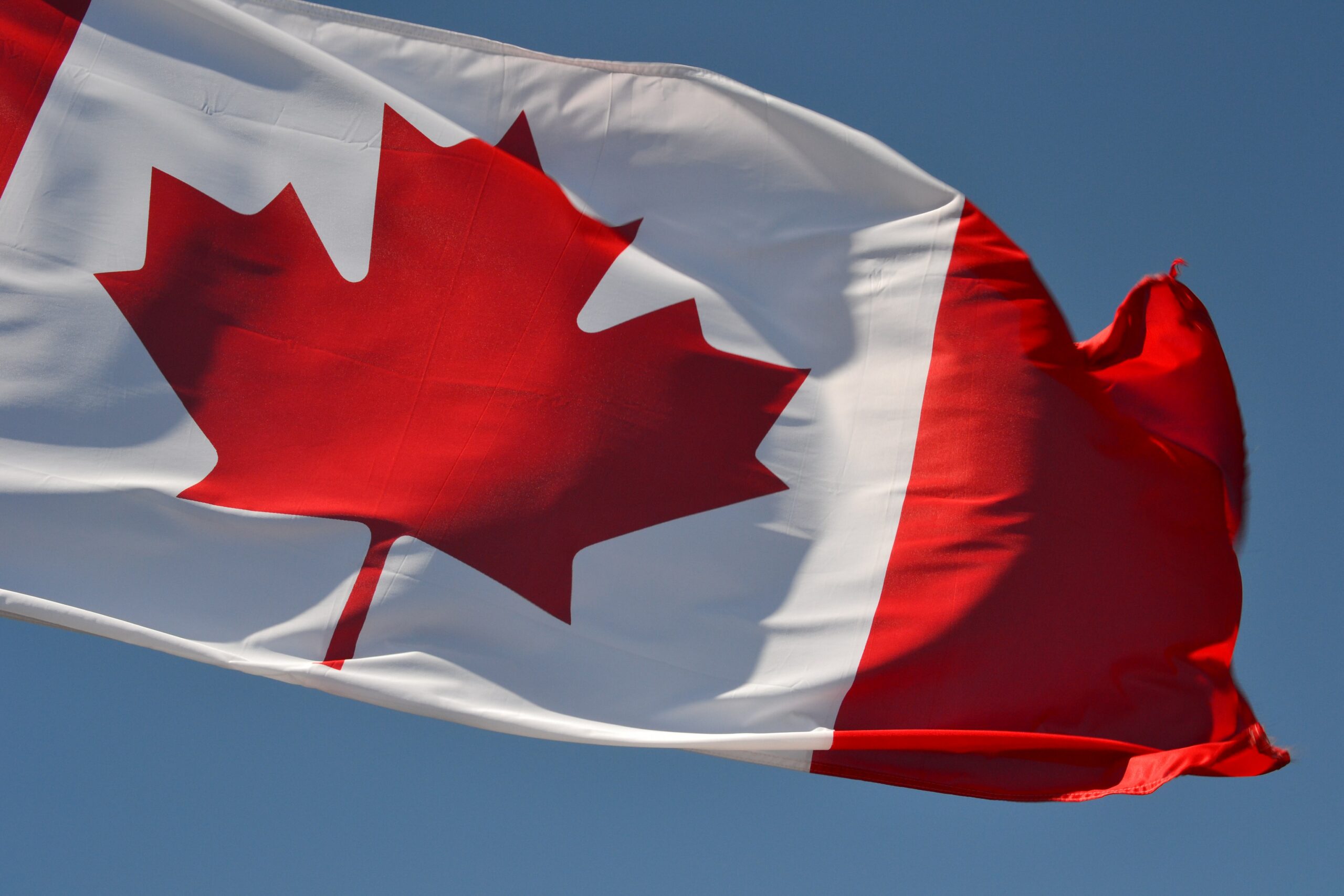
It is no secret that the COVID-19 pandemic has been hard on families. We spoke to the Mothers Matter Centre about how they are connecting families, especially mothers, in isolation during this challenging time:
If you could get Canadians to understand one thing about your work, what would it be?
We believe that mothers are the catalyst for change within their families and communities. Our programs are designed to break the intergenerational cycle of poverty, low literacy, and social isolation by using our unique mother-to-mother approach. Our vision is to foster a Canadian society where all mothers and children can achieve their full potential and lead enriched lives.
What are some unique challenges that you have faced in your work? What are you doing to overcome them?
Some of the challenges we’ve faced is making Home Instruction for Parents of Preschool Youngsters (HIPPY) and other programs accessible to all vulnerable and isolated families. Sometimes we have the right program for the right families, but we lack the funding to deliver it. We have always relied on Immigration, Refugees and Citizenship Canada (IRCC), private foundations, and generous donors to do this work.
How has the pandemic impacted your work?
At the Mothers Matter Centre (MMC), we know that isolation takes a toll on families. The essential COVID-19 social distancing measures have escalated the necessity for human-centred connections and tactical support services between HIPPY Home Visitors and already isolated mothers and their families. Recognizing the urgent need to sustain contact and support HIPPY families, the MMC and HIPPY staff from across the country responded with a creative suite of materials. This included hard and virtual copies of the parent-child curriculum, instructional tools, tutorials on virtual home visiting, and parent-child extension activities, such as the Stay ‘N’ Play series.
The MMC and its partners provided several options to ensure that Home Visitors had the flexibility to respond to unique family situations regarding access to technology, literacy, and resources. These responses were successful. We retained 800 out of 1200 families in 2020, most of whom expressed that the MMC was a much-needed lifeline for their family.
What keeps you going? Are there any hopeful stories that you can share with us?
We are proud of our HIPPY Home Visitors and Coordinators, who are the engines of all MMC programming. They are mothers themselves and have often overcome complex challenges such as forced migration, residential school trauma, or cultural and language barriers. Yet, they always inspire us with their resilience, grit, and unwavering passion for helping other mothers like them. It is thanks to them that we continue our vital work!
The Equal Futures Network acknowledges that Indigenous people are the traditional guardians of Turtle Island, on the land also known as Canada






